Deeper space.



Electrical and optical engineers in Australia have designed a novel platform that could tailor telecommunication and optical transmissions. They experimentally demonstrated their system using a new transmission wavelength with a higher bandwidth capacity than those currently used in wireless communication. Reported this week in APL Photonics, these experiments open up new horizons in communication and photonics technology. Here, a schematic of the problem: Aperture in a metallic screen with a dielectric fiber placed on top acting as a magnetic dipole emitter when excited by a wave incident…
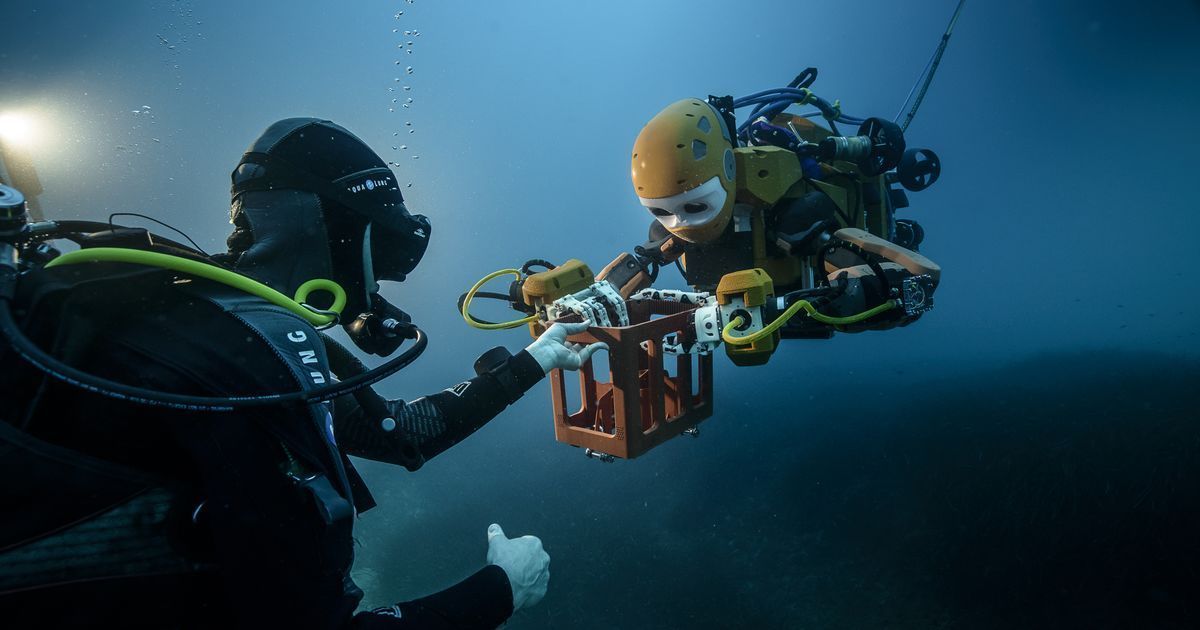
Meet OceanOne, a robot avatar that lets humans explore deep under the Ocean’s surface, without any of the dangers or time limits associated with diving.
While a human diver is constrained by pesky things like air and pressure when doing underwater research or excavations, a robot can stay underwater for much longer, collecting samples in hostile underwater environments.
OceanOne was tested at the archeological site of the shipwreck La Lune off the coast of France. La Lune, a flagship that sank in the Mediterranean in 1664. It lies under 300 feet of water, far beyond the reach of recreational SCUBA divers, who limit themselves to 130 feet.
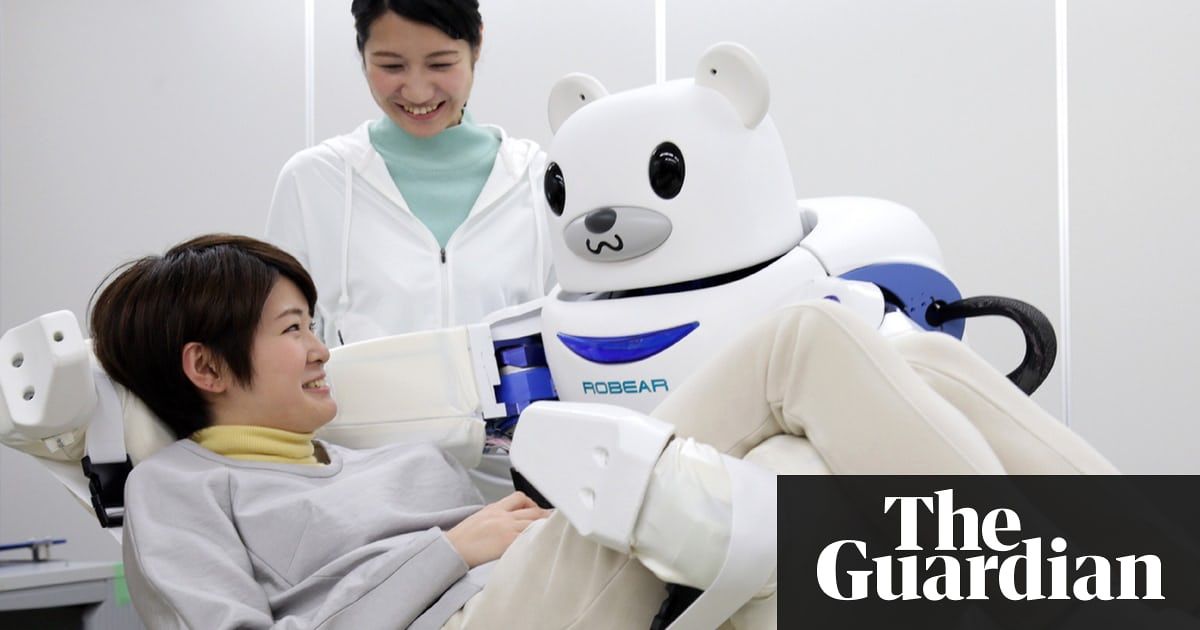
The next research priorities include wearable mobility aid devices and technology that guides people to the toilet at what it predicts is the right time.
According to Japan’s robot strategy, the government hopes that four in five care recipients accept having some support provided by robots by 2020.
Japanese government wants to increase acceptance of technology that could help fill the gap in the nursing workforce.
Daniel Hurst in Tokyo.
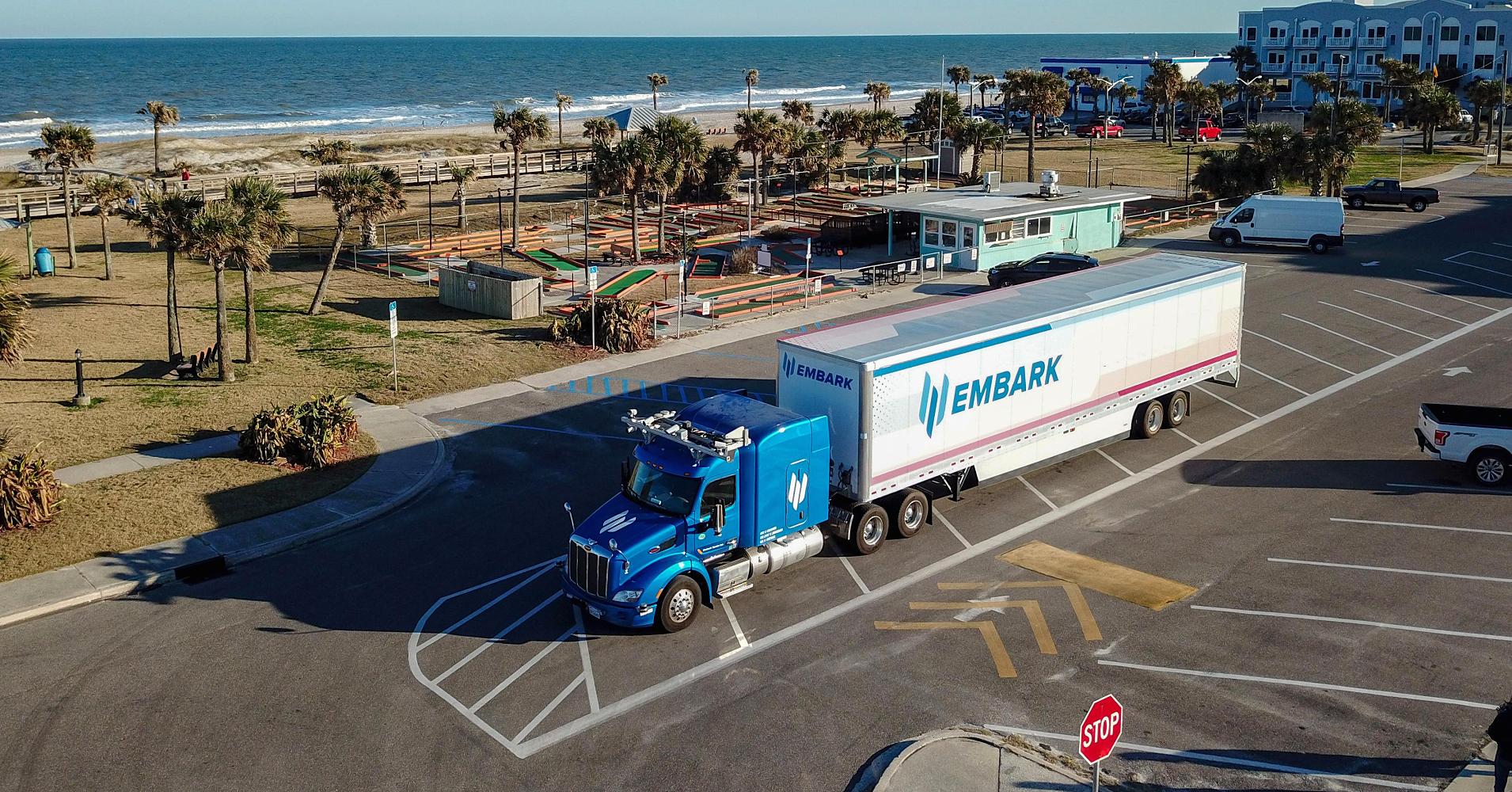
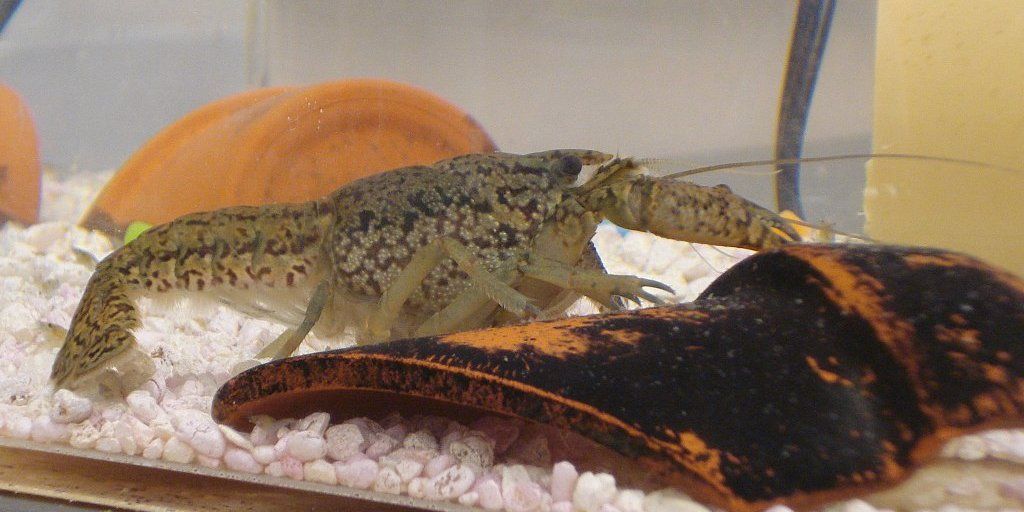
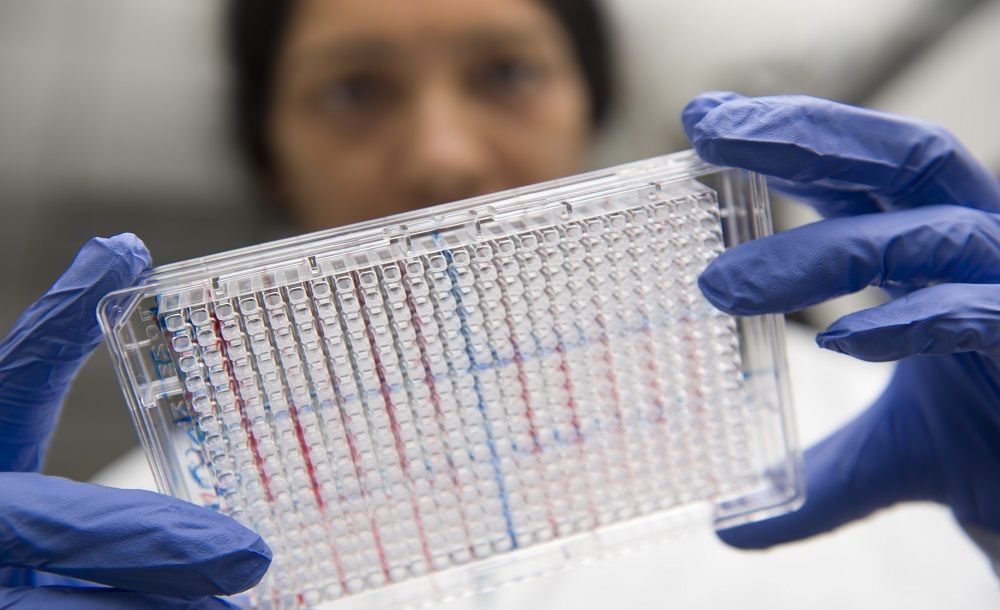
It’s been a fruitful month in the fields of life extension and medical science. Here’s an executive summary of the January reports on longevity science, life-extension treatments, telomeres, Alzheimer’s disease and various medical advances.
In brief: An executive summary of the January reports on longevity science, life-extension treatments, telomeres, Alzheimer’s disease and various medical advances. [This article first appeared on the website LongevityFacts.com. Author: Brady Hartman. ]
It’s been a fruitful month, with advancements in life-extension treatments, longevity science, telomere dynamics, dementia and various medical advances.
Here’s a look back at the 23 reports of the past month.

Summary: Regenerative reprogramming of the body with injections could turn back the clock in our organs, say scientists in a Jan 2018 report. Prematurely aged mice lived 30% longer after Salk Institute researchers genetically reprogrammed their cells while still in the body. [This article first appeared on the website LongevityFacts.com. Author: Brady Hartman. ]
Imagine a time in the future when the doctor gives you the bad news: you need a heart transplant. In the past, this would be an expensive and drastic procedure. Instead, the doctor gives you an injection that rejuvenates your heart. In time, your heart eventually mends itself, reverting to the strength and vigor of your youth.
The dream is closer to reality than you think, thanks to a novel technique developed by a team researchers headed by Juan Carlos Izpisua Belmonte at the Salk Institute in La Jolla.

A new study says that our aging immune system plays a larger role in explaining cancer than genetic mutations. The new findings support the idea of rejuvenating the thymus — an essential immune system organ — as a strategy to prevent cancer.
Summary: A new study says that our aging immune system plays a larger role in explaining cancer than genetic mutations. The new findings support the idea of rejuvenating the thymus – an essential immune system organ – as a strategy to prevent cancer. [This article first appeared on LongevityFacts. Author: Brady Hartman. ]
A new study suggests that our aging immune system plays a larger role in cancer than previously thought, challenging the conventional notion that genetic mutations are the primary driver of tumors.
The research suggests that the key to cancer prevention and treatment may lie in bolstering the immune system, using techniques such as restoring thymus function, rather than addressing genetic mutations. The genetic mutations that occur as the result of DNA damage are the current focus of most anti-cancer efforts throughout the world. These new findings could have significant implications for the fight against cancer if borne out by additional studies.
